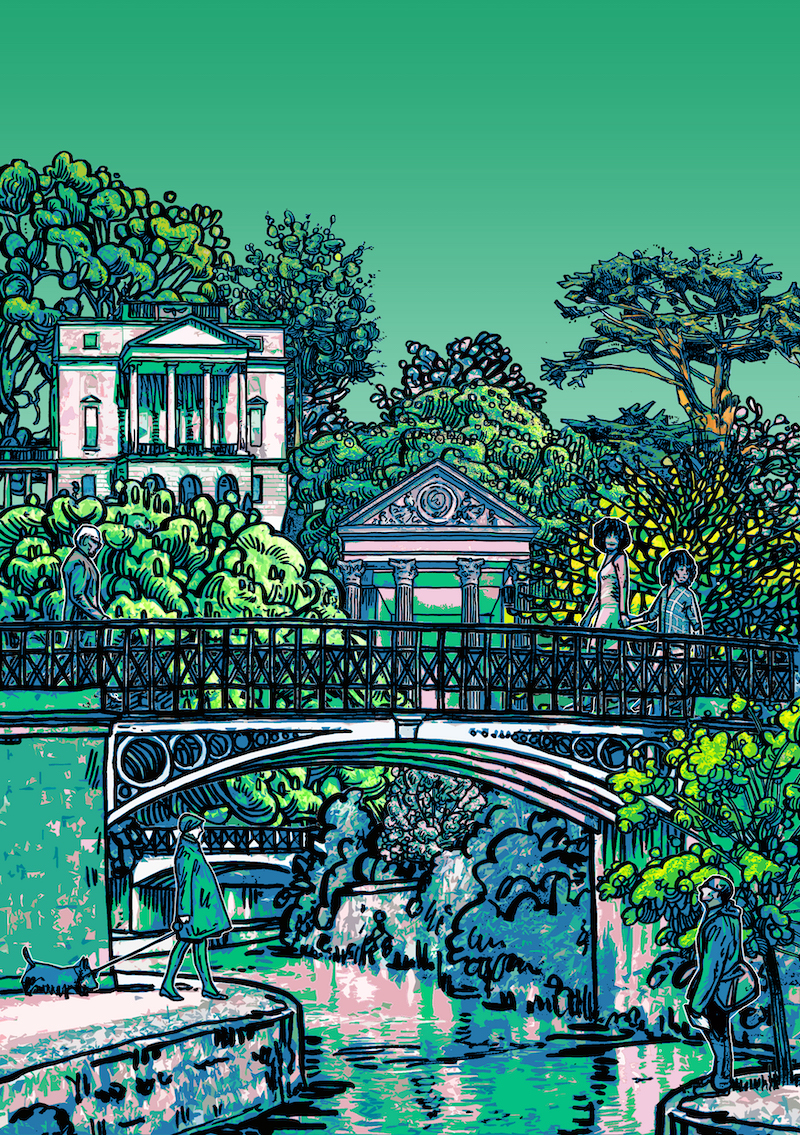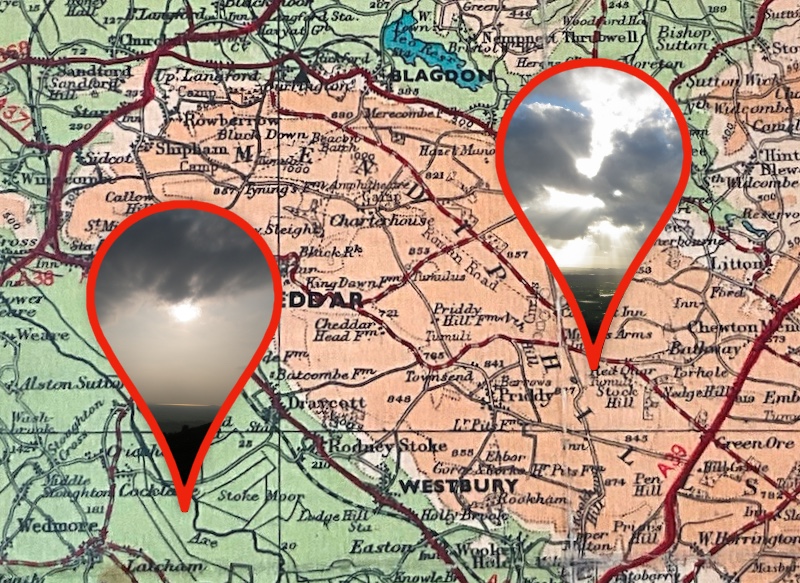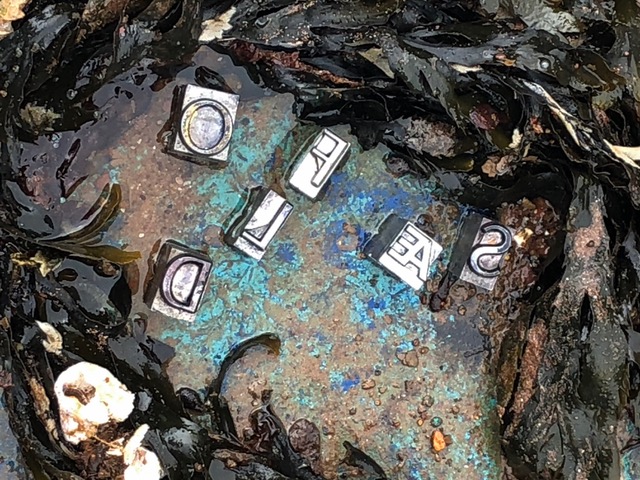Composer Helen Ottaway and poet Ralph Hoyte began working together as part of Helen’s project “Walking with Words“: experimental collaborations with writers, funded through a Develop Your Creative Practice grant from Arts Council England.
Together they are creating a geo-located sound walk based on Ralph’s walking poem “Winscombe to Priddy Nine Barrows” (also as an audio recording). Their work together will involve combining, mixing and placing ingredients – sound, music, song, speech, words, technology – to make a sound walk, a soundscape, a musical work: a variety of forms that enhance, describe, embed, imagine the walker in the Mendip landscape. A 21st century Gesamtkunstwerk?
Helen and Ralph are going to converse all about how a composer and poet can work together and how the two disciplines intersect, overlap and influence each other. They are still at the stage of exploring the nature and methodology of how they collaborate, there will be no presentation about a ‘project’ as such.
Q: How do a composer and a poet work together; are they independent or is it a collaboration, and if so what does this look like? Is poetry music and music actually poetry? Where is the interface?
Q: What does the Gesamtkunstwerk look like in the 21st century?
Q: Is a person’s experience of place, nature and land enhanced by or disrupted by engaging in an immersive geo-located sound walk?
Many sound walk composers have probably faced similar challenges on how to weave words, land and music and work collaboratively with artists skilled in other medium than their own. Join Helen and Ralph in this special Cafe for Sound Walk September, moderated by Andrew Stuck, co-producer of Sound Walk September.
Featured image is of a 1930s map of the Mendips, with rain drops by Ralph Hoyte.
|
Video recording Only available to registered users. |
Related
Colston’s Last Journey (Worldwide)
Roll out this walk thru version of Ralph Hoyte's Colston’s Last Journey work of soundart about Bristol and the Transatlantic Trafficking of Enslaved Africans anywhere in the world (iPhone; we're getting there for Android). For further info and to experience the work search colstonslastjourney.uk and follow the link to the 'worldwide' version.

Sydney Gardens Tree Weekender audio anthology
Rustling in the leaves Through dappled sunlight, a shower of falling leaves, and with colours of autumn all around you, you can now listen to poetry and prose inspired by trees in parks and public gardens while you stroll through Bath’s Sydney Gardens. Bath & North East Somerset Council celebrated trees in parks and public gardens




